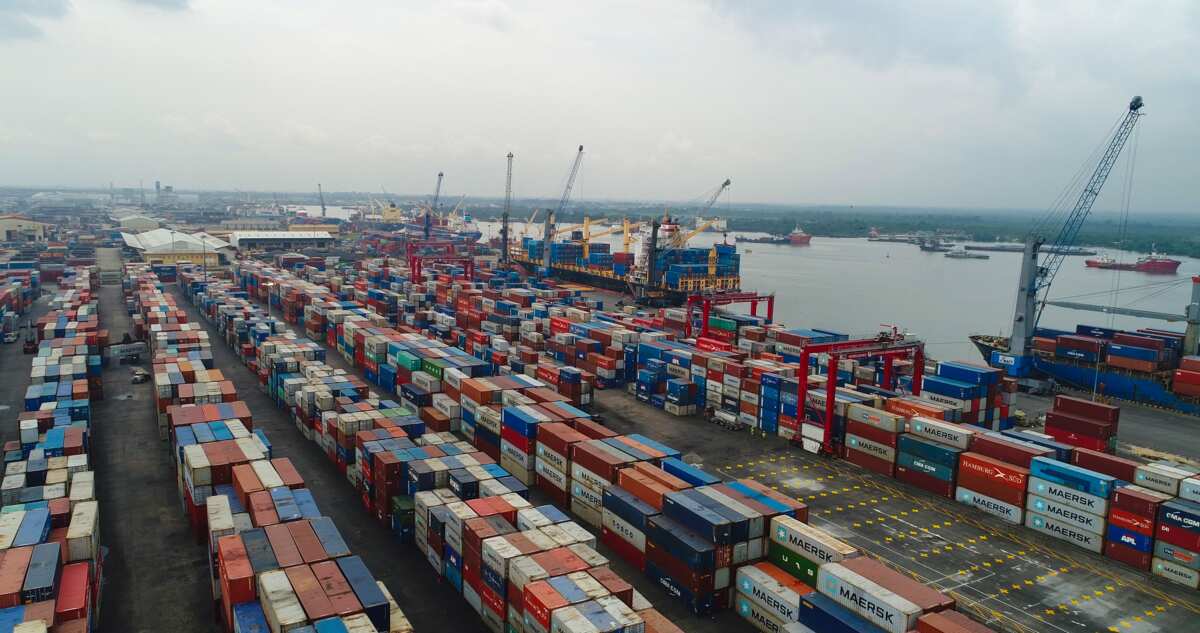
Top 10 Countries Buying Made in Nigeria and Types of Products Sold in 2023
Date 2023/6/10 15:34:45 | Topic: Nigeria
| 
The National Bureau of Statistics (NBS) has released its trade statistics report for the first quarter of 2023.
Nigeria's biggest customers continue to buy Nigerian products, as goods worth over N6.48 trillion were sold in the first quarter of 2023 According to the National Bureau of Statistics (NBS), the top 10 exporting countries purchased over N200 billion worth of crude oil The NBS report also provides insights into the breakdown of exports by product type and the values gained.
The report revealed that a total goods value of N6.48 trillion was exported out of the country between January and March 2023.
However, this figure represents an 8.66% decline compared to the N6.35 trillion recorded in the fourth quarter of 2022 and the N7.1 trillion in exported goods during the first quarter of 2022.
The report, available on the NBS website also provided a breakdown of the top exporting countries and the value of both crude and non-crude oil products sold.
List of 10 countries buying from Nigeria:
Netherlands: N838 billion
United States: N579 billion
Spain: N488 billion
France: N487 billion
Indonesia: N457 billion
United Kingdom: N455 billion
Canada: N427 billion
India: N387 billion
Italy: N347 billion
Ivory Coast: N230 billion
List of 10 products from Nigeria
Also, the NBS report revealed the types of goods exported out of the country. Petroleum oils: N5,149 billion
Natural gas: N622 billion
Urea: N147 billion
Cocoa beans: N85 billion
Sesamum seeds: N68 billion
Other petroleum gases etc in gaseous state: N46 billion
Cashew nuts In shell: N27 billion
Unwrought aluminium, alloys: N26 billion
Soya beans (excluding seeds): N24 billion
VesselsN21 billion Standard quality Cocoa beans: N18 billion
Cathodes and sections of cathodes: N16 billion
Electrical energy (optional heading): N16 billion
Soya beans Seed: N15 billion
Gold: N14 billion
Palm oil imports from Asian countries reach new heights despite restrictions In another report, Legit.ng revealed that Nigeria's palm oil imports have increased, indicating a growing reliance on foreign producers to meet domestic demand. This is despite the standing restrictions on foreign access by the Central Bank of Nigeria and the federal government border closure. China and Malaysia have benefited largely from the demand-supply gap in Nigeria, driven by population growth and urbanization.
|
|